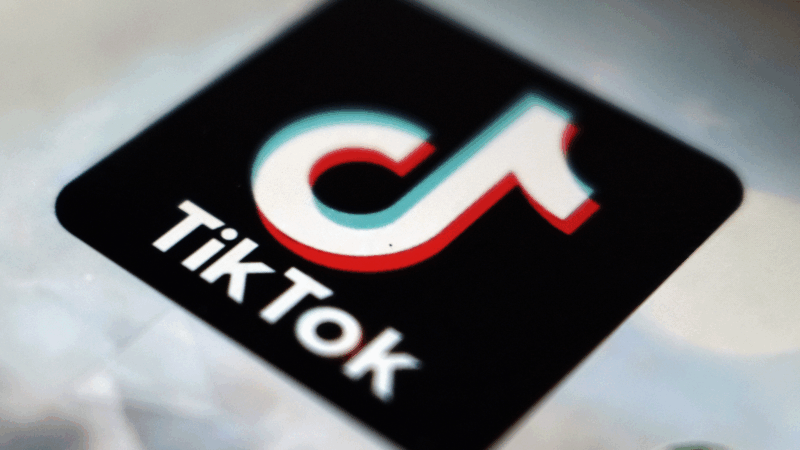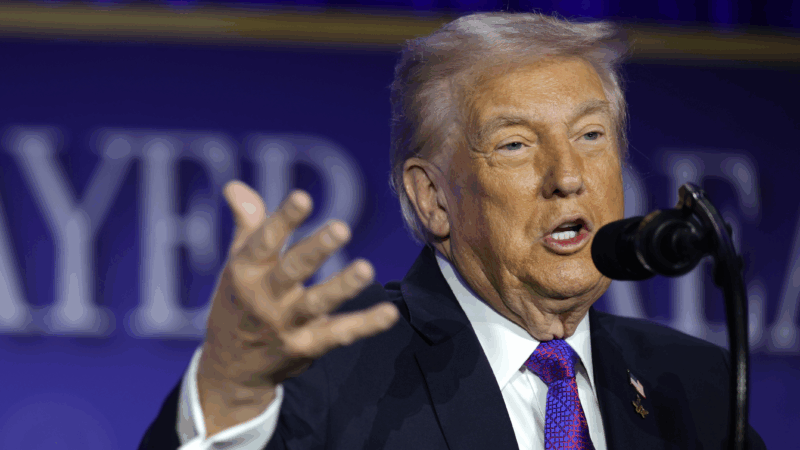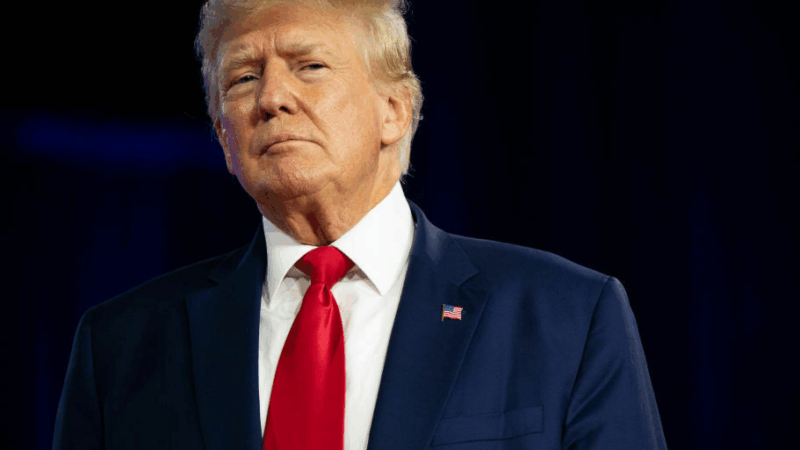Officials announce a ‘framework’ for keeping TikTok online in the U.S.
U.S. officials say they have reached a “framework” for a deal with China over the fate of the hugely popular short-video platform TikTok, an apparent breakthrough in the multi-year standoff over the ban against the Chinese-owned app.
Treasury Secretary Scott Bessent announced the news after two days of talks with Chinese officials in Madrid. He added that President Trump and Chinese leader Xi Jinping would “speak on Friday to complete the deal.”
Trump posted on social media: “A deal was also reached on a ‘certain’ company that young people in our Country very much wanted to save. They will be very happy! I will be speaking to President Xi on Friday. The relationship remains a very strong one!!!”
China’s state news agency Xinhua called the talks in Spain “candid and in-depth,” but it was less clear about whether or not the end of the TikTok saga is in sight. It said the two sides had reached “a basic consensus on a framework to properly resolve TikTok-related issues through cooperation, reduce investment barriers, and promote relevant economic and trade cooperation.”
Last year, Congress passed the Protecting Americans from Foreign Adversary Controlled Applications Act, which bans TikTok in the U.S. unless it is sold to a non-Chinese owner. The company is owned by Beijing-based ByteDance. Former president Biden signed the bill into law and although TikTok sued, arguing that a ban violates users’ free speech rights, the law was upheld in early January by the Supreme Court.
It was slated to take effect only a few days later, but Trump signed an executive order that paused the ban on Inauguration Day. He subsequently issued two more executive orders extending the reprieve, which is expected to expire on Wednesday.
Since then, the Trump administration has been trying to broker a deal for an American company, or companies, to buy TikTok from ByteDance in order to keep the app from going dark in the United States. But the issue has become wrapped up in sweeping trade talks between Washington and Beijing that include strategically thorny topics like tariffs, fentanyl, microchips and rare earths.
According to TikTok’s data, in early 2024, the app was used by more than half of Americans. That popularity has led to concern among lawmakers and security experts that it could be used to influence or spy on U.S. citizens.
During his first term, Trump sought to ban TikTok. But he now believes it helped him get reelected in 2024, and Trump has said he likes it. In August, the White House launched a TikTok account.
Trump’s harsh immigration tactics are taking a political hit
President Trump's popularity on one of his political strengths is in jeopardy.
A drop in CDC health alerts leaves doctors ‘flying blind’
Doctors and public health officials are concerned about the drop in health alerts from the Centers for Disease Control and Prevention since President Trump returned for a second term.
Photos: Highlights from the Winter Olympics opening ceremony
Athletes from around the world attended the 2026 Winter Olympics opening ceremony in Milan.
Alabama sets execution for man in auto parts store customer’s death
Gov. Kay Ivey on Thursday set a March 12 execution using nitrogen gas for Charles “Sonny” Burton. Burton was convicted as an accomplice in the shooting death of Doug Battle, a customer who was killed during an 1991 robbery of an auto parts store in Talladega.
Trump posts racist meme of the Obamas — then deletes it
Trump's racist post came at the end of a minute-long video promoting conspiracy theories about the 2020 election.
Hyperpop, poetry, BDSM or a Moroccan rave allegory? Choose your own cinematic adventure
Charli xcx is on more screens this weekend while Pillion tells a sweet BDSM story.







